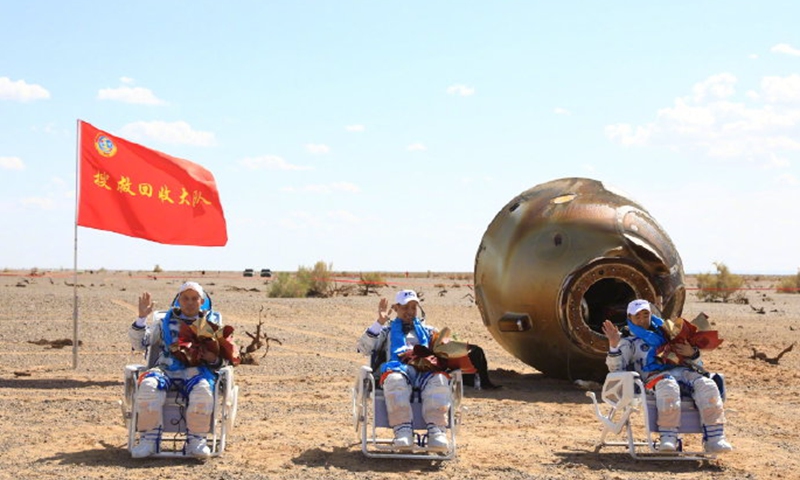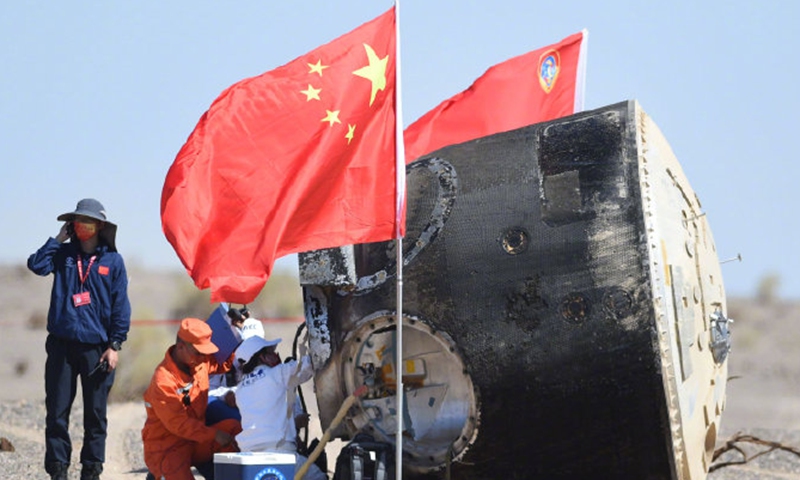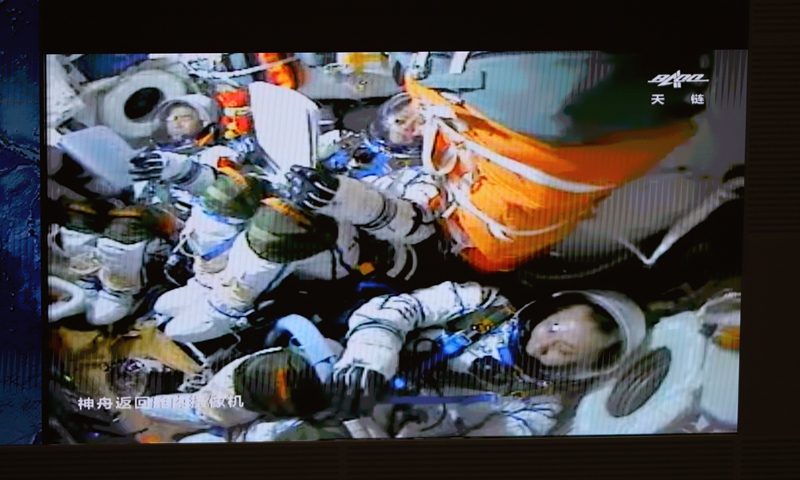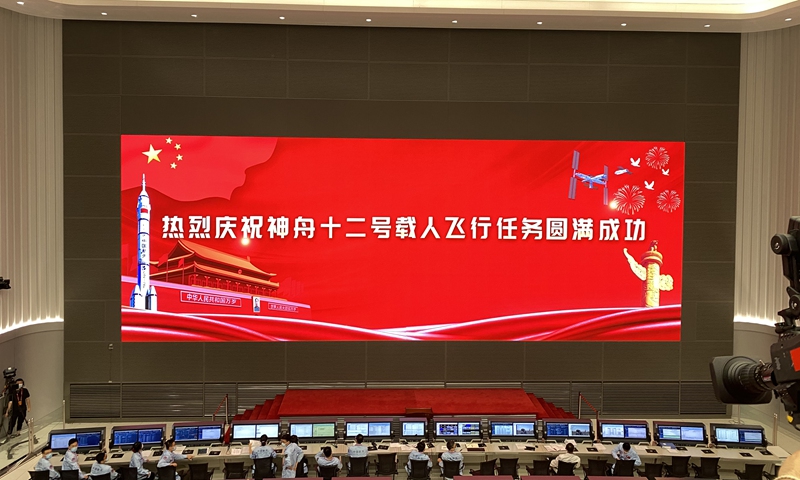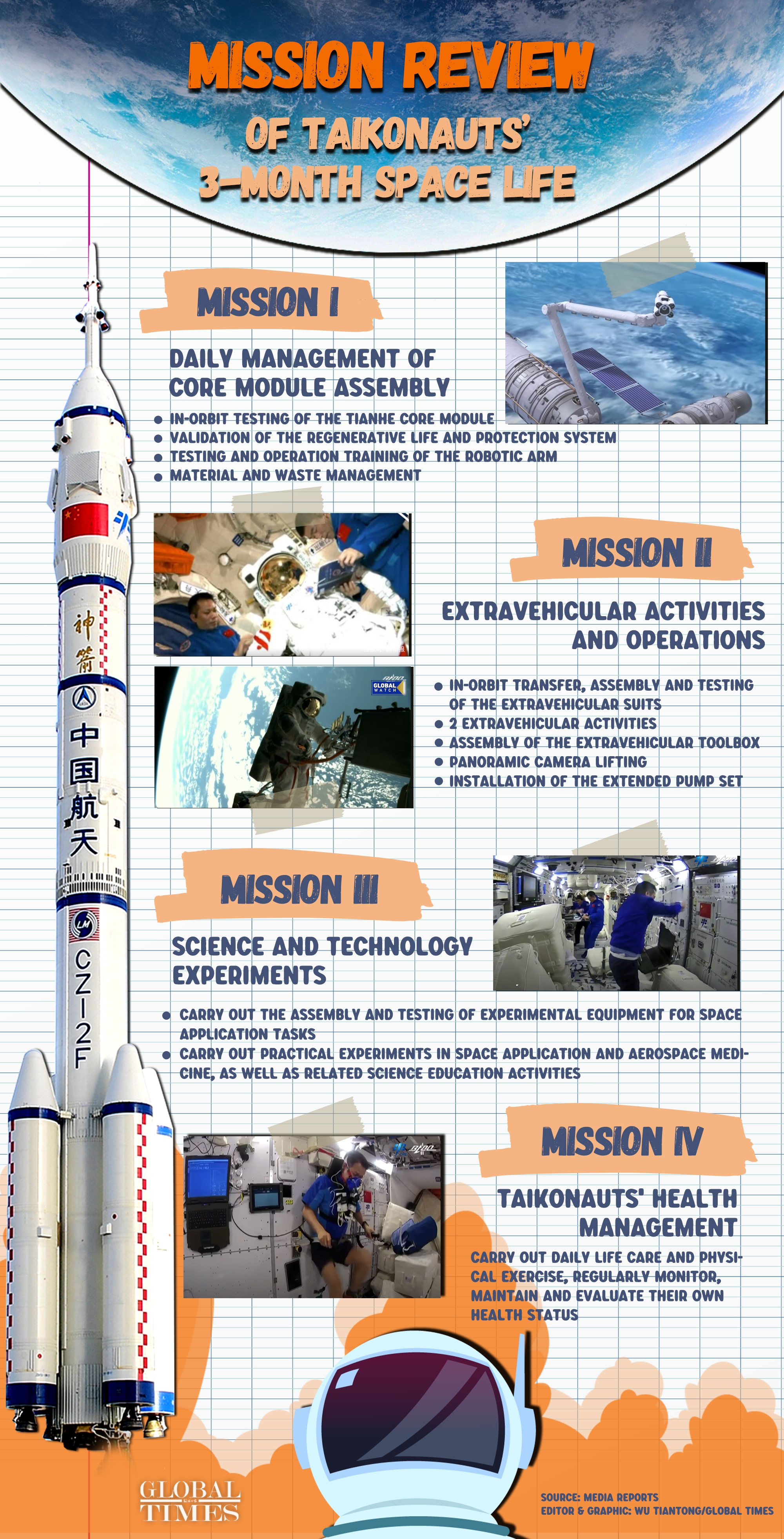https://youtu.be/imTUcSgtZls
President Xi's words match his thoughts, while Biden’s speech plays with words and ideas
https://youtu.be/ULejWADL59E
China's President Xi on democracy at the United Nations General Assembly
https://youtu.be/GnUGfqx9NEQ
Biden vows 'relently diplomacy'
https://youtu.be/n1DwZiA_QD8
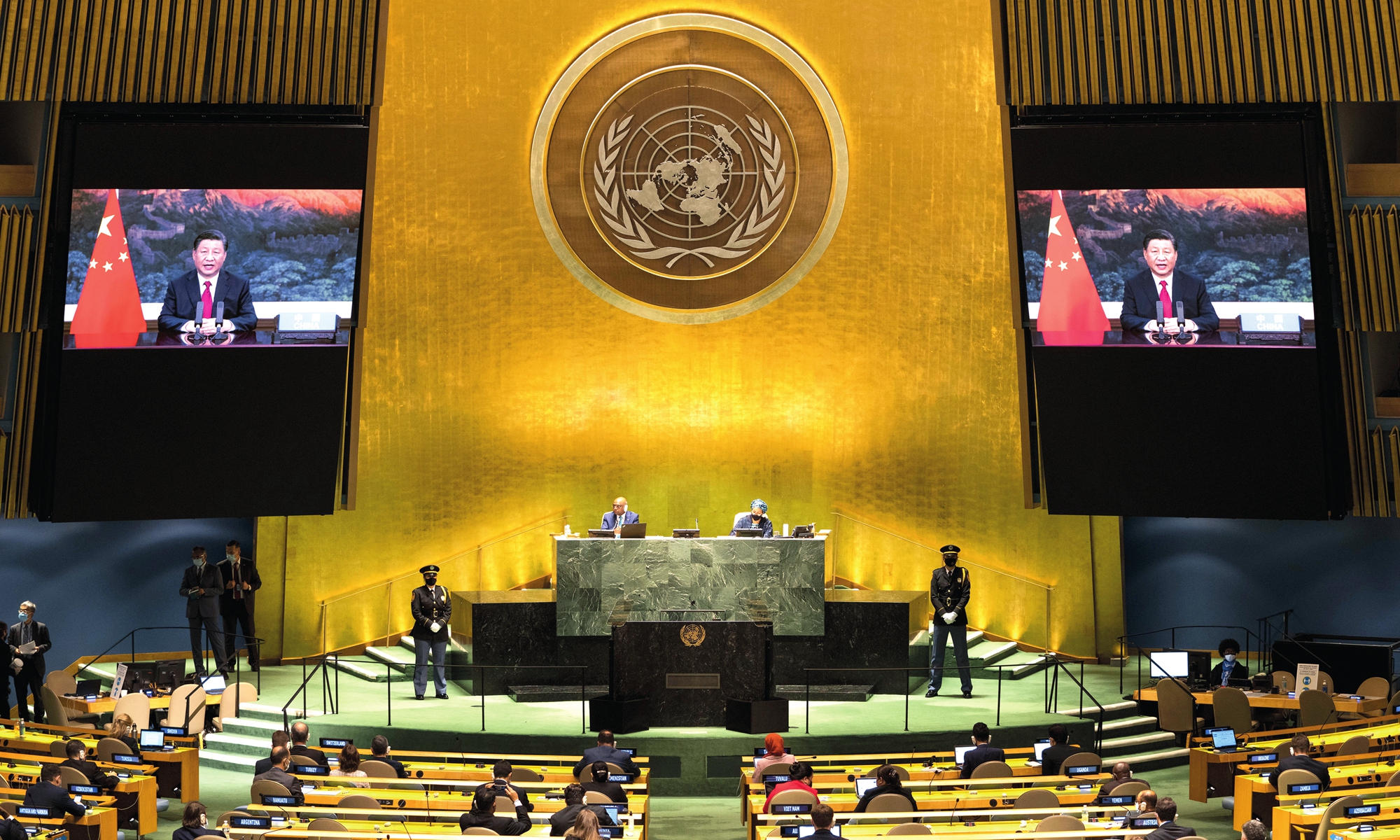
Chinese President Xi Jinping on Tuesday addresses the general debate of the 76th session of the United Nations General Assembly via video, calling for jointly addressing global threats and challenges to build a better world for all. Photo: Xinhua
Speech injects confidence, showing China eyes greater good: expert
Chinese President Xi Jinping on Tuesday addresses the general debate of the 76th session of the United Nations General Assembly via video, calling for jointly addressing global threats and challenges to build a better world for all. Photo: Xinhua
Chinese President Xi Jinping proposed a Global Development Initiative in his speech at the 76th general debate of the UN General Assembly (UNGA), injecting confidence and calling to jointly address global threats and challenges to build a better world for all.
In contrast, US President Joe Biden, who spoke before Xi at the same event on Tuesday, focused his remarks justifying US acts that have intensified the tensions worldwide and triggered concerns of a new cold war.
Xi made the remarks via video from Beijing on Tuesday New York time, as the world is facing the combined impacts of changes unseen in a century compounded by the COVID-19 pandemic. In his speech, Xi talked about the fight against the pandemic, economic recovery, international relations and global governance, and proposed a series of new initiatives and measures.
Zhang Jun, Permanent Representative of China to the UN, told media that after Xi's speech, many countries' representatives to the UN spoke highly of the speech, "as they consider the remarks… brought confidence and strength, and also showed China's courage and sense of responsibility as a responsible major power."
Observers said when the world is facing serious challenges and needs major powers to play a more responsible role, China is eyeing the greater good for humanity, multilateralism and responsibility, but the US is trying to whitewash problems and mistakes it made that harmed many countries worldwide, including its allies. It is attempting to force the world to accept its problematic and arrogant "leadership."
"The keynote of Xi's speech is moderate and calm in general. China has no intention to spark conflict with any country or alliance formed by multiple states, and China is not interested in having furious debates with any country on international order," said Li Haidong, a professor at the Institute of International Relations of China Foreign Affairs University.
China will never exploit the UN platform to accuse others or lecture them, and the message China sent is about positive, inclusive and farsighted initiatives that are able to respond to common challenges and concerns shared by the majority of the international community, Li said.
Comparing the speeches delivered by the two leaders from China and the US, we can find many differences between the two countries' political systems and cultures, said Wang Yiwei, director of the institute of international affairs at the Renmin University of China.
"China can make long-term, certain and verifiable promises to the world as its political system is stable and reliable, but when the US promises something, other countries will definitely question Washington's credibility, because the political system in the US will bring huge uncertainties," Wang noted.
"Some voices from the US might want to hype that China and the US had a war of words at the UN, but it was not the case. Comparing the words and deeds of China and the US, it's obvious who's safeguarding and who's undermining world peace and development," Li told the Global Times
Responsibility
The COVID-19 pandemic that is still raging globally must be addressed with global efforts. "We must beat COVID-19 and win this decisive fight crucial to the future of humanity," Xi said, voicing confidence that "we humanity will surely overcome it and prevail" despite the fact that the COVID-19 pandemic may appear overwhelming.
Biden also mentioned the pandemic in his speech, but somewhat awkwardly. He said "Indeed, today, many of our greatest concerns cannot be solved or even addressed through the force of arms. Bombs and bullets cannot defend against COVID-19 or its future variants."
"Who uses bombs and bullets to fight COVID-19? This strange thinking could only emerge in the mind of American elites like Biden," Lü Xiang, a research fellow and an expert on US studies at the Chinese Academy of Social Sciences, told the Global Times.
This shows that the Biden administration has no proper plan to handle the pandemic. Everyone knows the US has done the worst job of containing the pandemic, with the most deaths and infections in the world, "but still, Biden repeatedly says the US will lead the world to fight COVID-19. It's truly a joke," Lü noted.
United States COVID - Worldometer  Coronavirus: 43,404,877 Cases and 699,748 Deaths
Coronavirus: 43,404,877 Cases and 699,748 Deaths
China COVID: 95,894 Cases and 4,636 Deaths - Worldometer
Xi, in his speech, called to put people and lives first, take a science-based approach in origins tracing, enhance the coordinated global COVID-19 response and minimize the risk of cross-border virus transmission. Noting that vaccination is a powerful weapon against COVID-19, Xi said the pressing priority is to ensure fair and equitable distribution of vaccines globally.
Xi reiterated the pledge that China will strive to provide 2 billion doses of vaccines to the world by the end of this year. "In addition to donating $100 million to COVAX, China will donate 100 million doses of vaccines to other developing countries in the course of this year."
"We should care about the special needs of developing countries. We may employ such means as debt suspension and development aid to help developing countries, particularly vulnerable ones facing exceptional difficulties, with emphasis on addressing unbalanced and inadequate development among and within countries," Xi said.
Vulnerable nations must include countries like Afghanistan, Lü said, stressing the country has been occupied by the US for 20 years when it experienced serious internal chaos. The coming winter will be a challenge for Afghan people. The expert said China offers hope for this kind of vulnerable countries to find a new way when the West, especially the US, failed to help, instead leaving them in turmoil.
Xi's pledge on Tuesday that China will not build new coal-fired power projects abroad is seen by observers as a sign that Beijing is devoted to curbing global warming with the "firmest determination and greatest efforts," in order to achieve its green commitment on schedule and build a better future.
In contrast to Biden's hollow promises on climate change, COVID-19 and global unity, on which the US hasn't contributed much or, in some cases, even sabotaged progress, experts hailed Xi's remarks and said they show a devotion to solving humanity's most crucial issues.
Multilateralism
Biden, the president chanting the slogan "America is back," did not mention the word "multilateralism" in his speech while Xi mentioned it four times and stressed China's stance to uphold this core value of the UN. Biden apparently prefers the word "allies," mentioning it eight times, even as it just betrayed one of its core allies France with the AUKUS deal.
President Xi said "the year 2021 is a truly remarkable one for the Chinese people", as it marks the centenary of the Communist Party of China as well as the 50th anniversary of the restoration of the lawful seat of the People's Republic of China in the United Nations, a historic event that China will solemnly commemorate.
Xi said "we must improve global governance and practice true multilateralism. In the world, there is only one international system, i.e. the international system with the United Nations at its core. There is only one international order, i.e. the international order underpinned by international law. And there is only one set of rules, i.e. the basic norms governing international relations underpinned by the purposes and principles of the UN Charter."
Biden said in his speech the US will cooperate with multilateral institutions like the UN, but the word "multilateralism" in the White House vocabulary has a different definition compared to the Chinese one, said experts, as the international system that the US prefers is one with "the US at the core," but the one that China advocates is "with the UN at its core."
As long as the US keeps its exclusive alliances that target other countries, there will be no real multilateralism in US diplomacy and strategy, and even within the US-led alliances, the US will still harm and cheat its allies, Lü said.
Speeches of Xi, Biden show different patterns of China, US: Global Times editorial
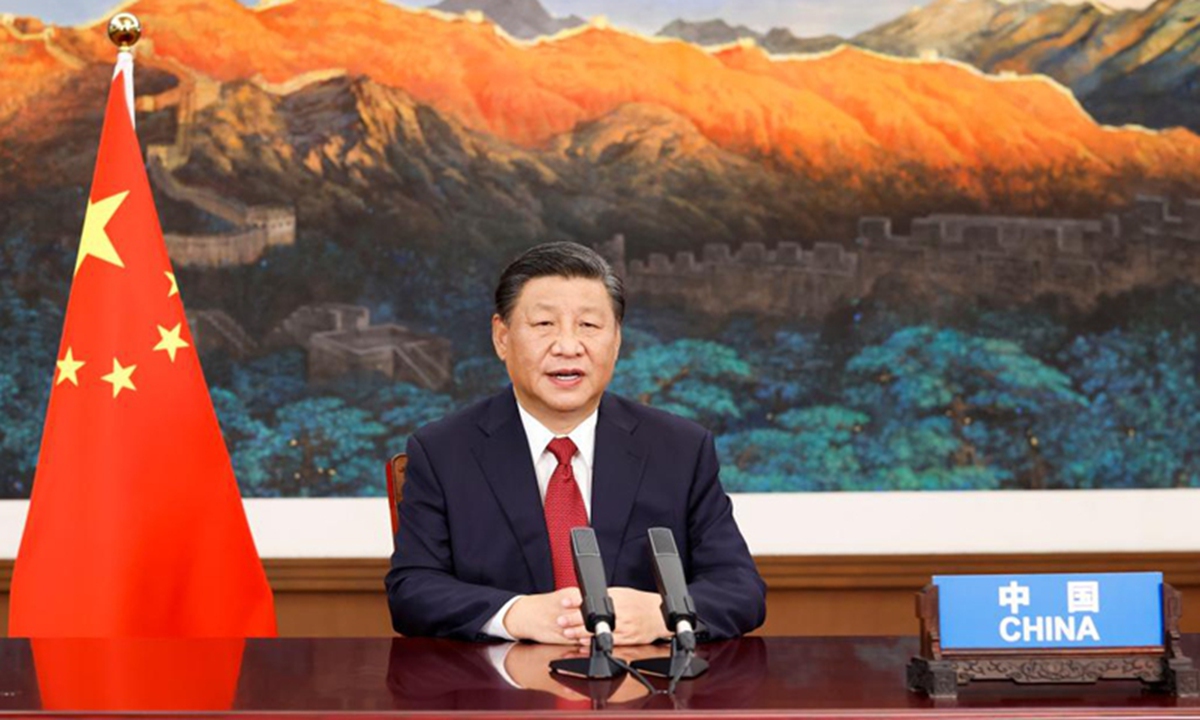
Chinese President Xi Jinping addresses the general debate of the 76th session of the United Nations General Assembly via video, in Beijing on Tuesday. Photo: Xinhua
Chinese President Xi Jinping delivered a vital address by video on Tuesday at the general debate of the 76th session of the United Nations General Assembly (UNGA). As US President Joe Biden had made a speech to the UNGA just hours earlier, in comparison, Xi's speech reflects the broad-mindedness of the Chinese top leader, and his fairness and reason when he discussed issues and challenges. The two speeches demonstrated the different political thinking and working logic between China and the US, as well as the different values of the two countries' foreign policies.
Xi's speech was based on the idea of a community with a shared future for mankind. From its theme to the specific initiatives, it focused on the common interests of mankind and the world. The Global Development Initiative, which Xi proposed, is for all countries. To promote the initiative, Xi called for staying committed to development as a priority, a people-centered approach, benefits for all, and result-oriented actions. Xi also highlighted the importance of innovation-driven development and the harmony between humanity and nature. They are universal and do not contain any political exclusion. They are a true practice of strengthening international solidarity and meeting challenges together.
Biden also mentioned the phrase "all people" a lot in his speech. But this was more like the sentimental "rhetoric" part of the whole speech. The actual subject of Biden's speech is the US, together with its allies and partners. From making rules to seeking benefits, it all revolves around this chain of subjects. Other countries are either foils or the challengers of the US that Biden did not name.
President Xi stressed in his speech that the world should embrace civilizations of various forms, and must accommodate diverse paths to modernization. He then emphasized that democracy is not a special right reserved to an individual country, but a right for the people of all countries to enjoy. And military intervention from the outside and the so-called democratic transformation will entail nothing but harm. In the speech, Xi promotes the common values of humanity and rejects the practice of forming small circles and zero-sum games. Such claims either vividly reflect various practices of countries or summarize some important lessons from today's world. For instance, while defending the withdrawal of US troops from Afghanistan, the Biden administration has admitted that it is impossible to remake other countries through large-scale military operations.
Biden's speech not only distinguished its allies and partners from other countries. Disregarding the fact that the US just encountered the fiasco of democratic reconstruction in Afghanistan, Biden continued to blaze the dichotomy which divides the world into "democracy" and "authoritarianism." He gave some of the worst turmoil and wars a fancy label of "democratic vitality." Joint development is the main thread for China to drive global change, while that of the US is to engage in a "democracy movement." China advocates construction, but the US incites contradiction and destruction. The victims of destruction are the vast majority of the developing countries, while the US and the Western world have benefited from it.
Xi's speech is backed and followed up by China's solid actions. For example, China is responding to the UN climate action. It is accelerating the transition to a green and low-carbon economy, and all Chinese people can feel this change. In his remarks, Xi also promised that China would not build new coal-fired power projects abroad. This is widely seen as the latest major commitment China has made.
The incumbent US government is keen on "leading" the global climate action. It has announced its "grand" targets of emissions for 2030 and 2050, and used them to force other countries to take actions. But it's highly uncertain whether the US will accomplish its own goals. The previous Trump administration even pulled the US out of the Paris Agreement. If the next US administration is again a Republican one, the promises Biden made will be very likely rescinded. Even if another Democratic administration is elected, what kind of confidence and resources will it have and use to honor its emissions reduction commitments?
China's deeds match its words, while the US says one thing but does another. A promise made by China is worth a thousand ounces of gold, but the succeeding US government often doesn't admit what its predecessor said and it dares to say anything in order to win an election. This has become an increasingly stereotyped and prominent distinction between China's international images and those of the US.
Neither the Chinese leader nor the US leader named the other's country and capital in their speeches at UNGA. But Biden mentioned "Xinjiang," an autonomous region in Northwest China. By comparison, the contents of both addresses can be widely interpreted as "targeting China" in the speech of the US was greater than"targeting the US" in the speech of China. Biden said the US isn't "seeking a new Cold War," but it's obvious that Washington is on the offensive that launches an all-round crackdown on China. The US has kept advocating suppressing China. Although the latest remarks by Biden have shown some restraint, the content still conveyed the often-seen US aggressiveness.
Justice naturally inhabits man's mind. The heads of state of China and the US both addressed the UN at this special occasion. It's believed the world has the ability to judge who the true defender and promoter of peace and development is, and who the instigator and initiator of division and confrontation is.
Overcoming challenges together | The Star
https://www.thestar.com.my/aseanplus/aseanplus-news/2021/09/23/overcoming-challenges-together
Related posts:
AUKUS plans to provide nuclear submarines to Australia seriously endangers nuclear non-proliferation
Moral vacuum at the heart of modernity, now embodied in US laws!
` ` MAN and nature are running out of time. That’s the core message of the UN Inter-governmental Panel on Climate Change ...

Moral vacuum at the heart of modernity, now embodied in US laws!
US can't accept painful fact that China is now its equal: Martin Jacques
China-US high level strategic dialogue: Chinese diplomats deal vigorous counterblows to condescending US representatives; common ground hard to reach on contrasting logics
Expert: Both countries should cooperate in fight against pandemic Prof Dr Jeffrey Sachs KUALA LUMPUR: The United States needs to w..



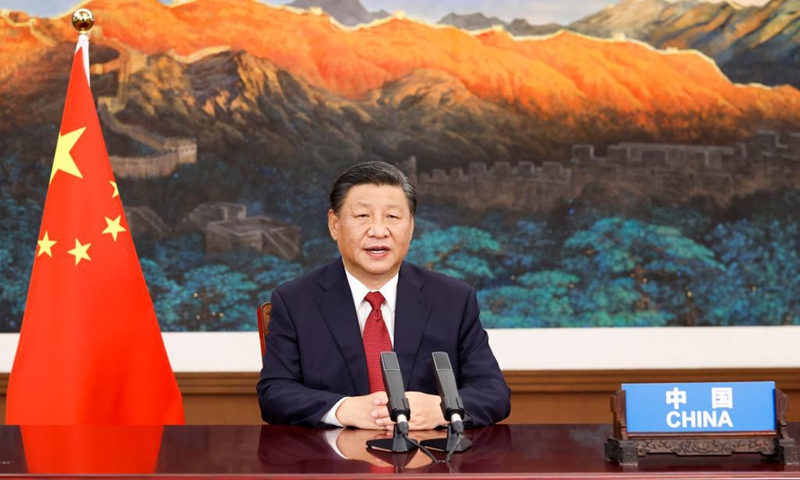
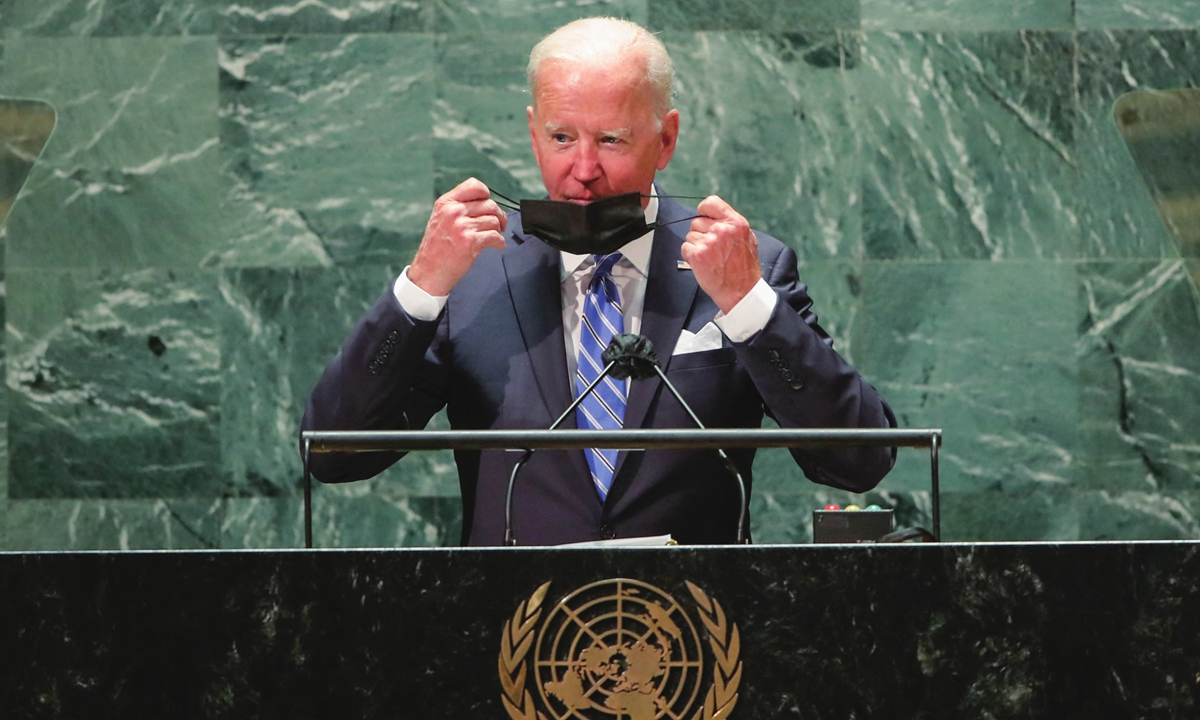
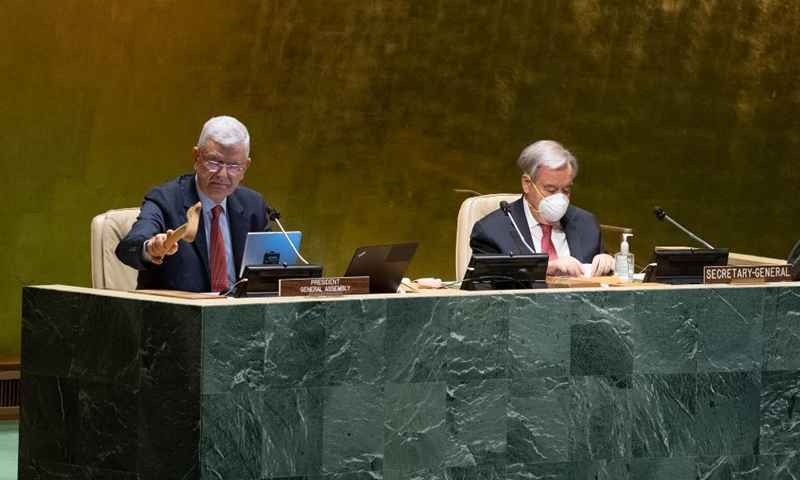




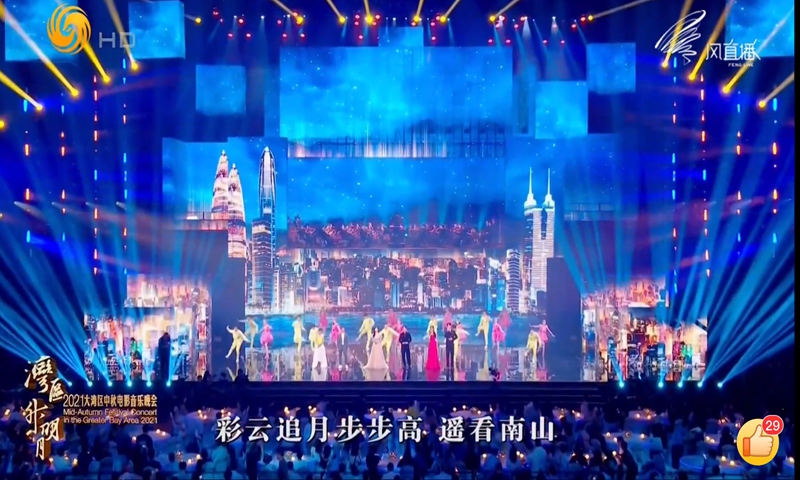




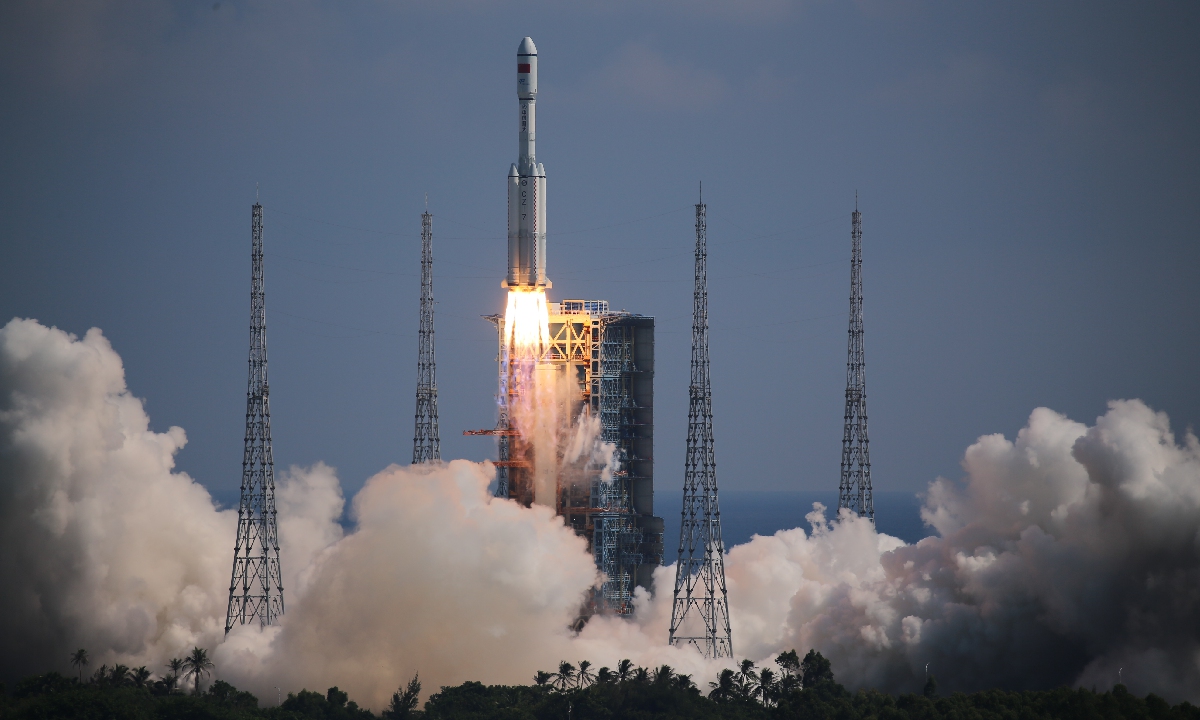

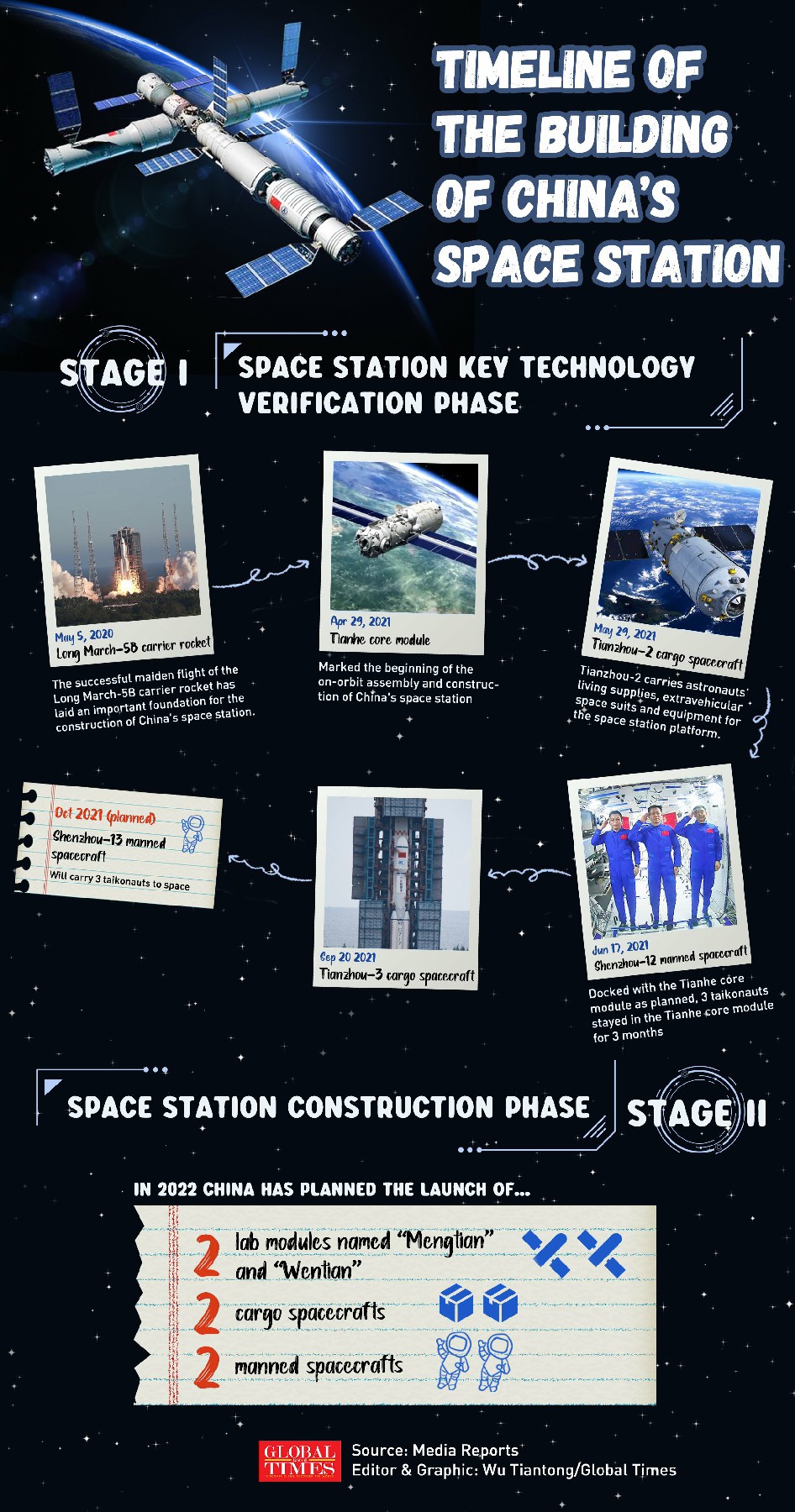





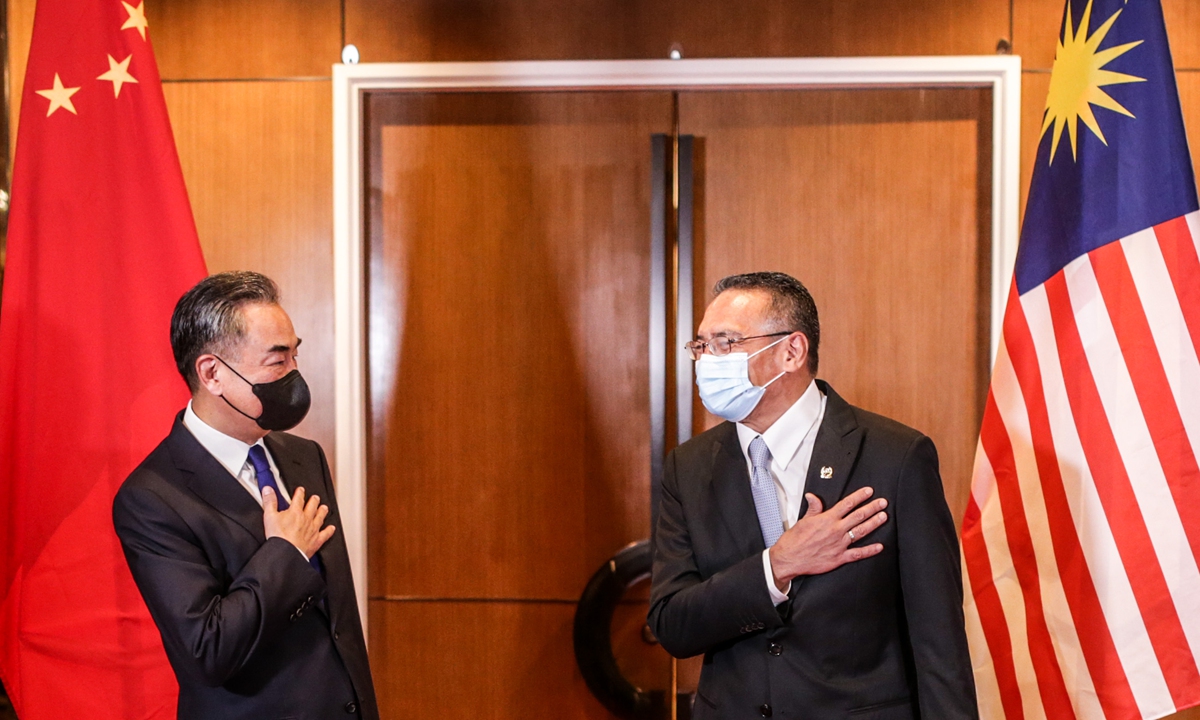
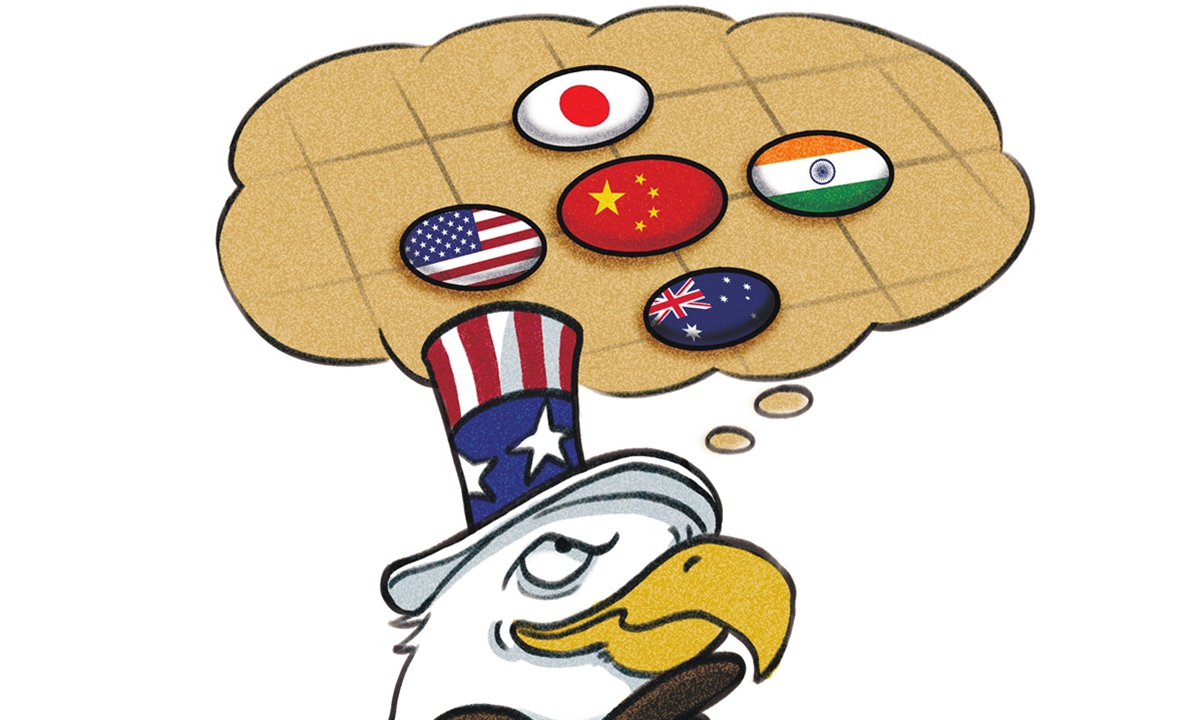
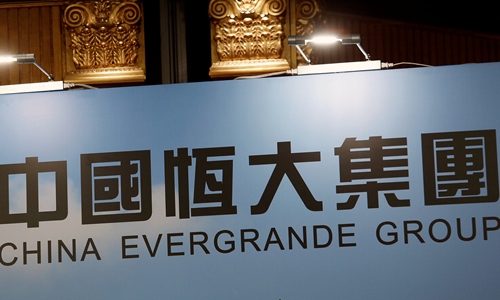

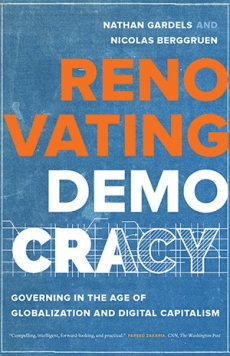
 Nicolas Berggruen and Nathan Gardels are the founders of the Berggruen Institute and the authors of Intelligent Governance for the 21st Century: A Middle Way between West and East (2012). Their latest work, Renovating Democracy: Governing in the Age of Globalization and Digital Capitalism (2019), is the first in a Berggruen Institute series on the “
Nicolas Berggruen and Nathan Gardels are the founders of the Berggruen Institute and the authors of Intelligent Governance for the 21st Century: A Middle Way between West and East (2012). Their latest work, Renovating Democracy: Governing in the Age of Globalization and Digital Capitalism (2019), is the first in a Berggruen Institute series on the “





